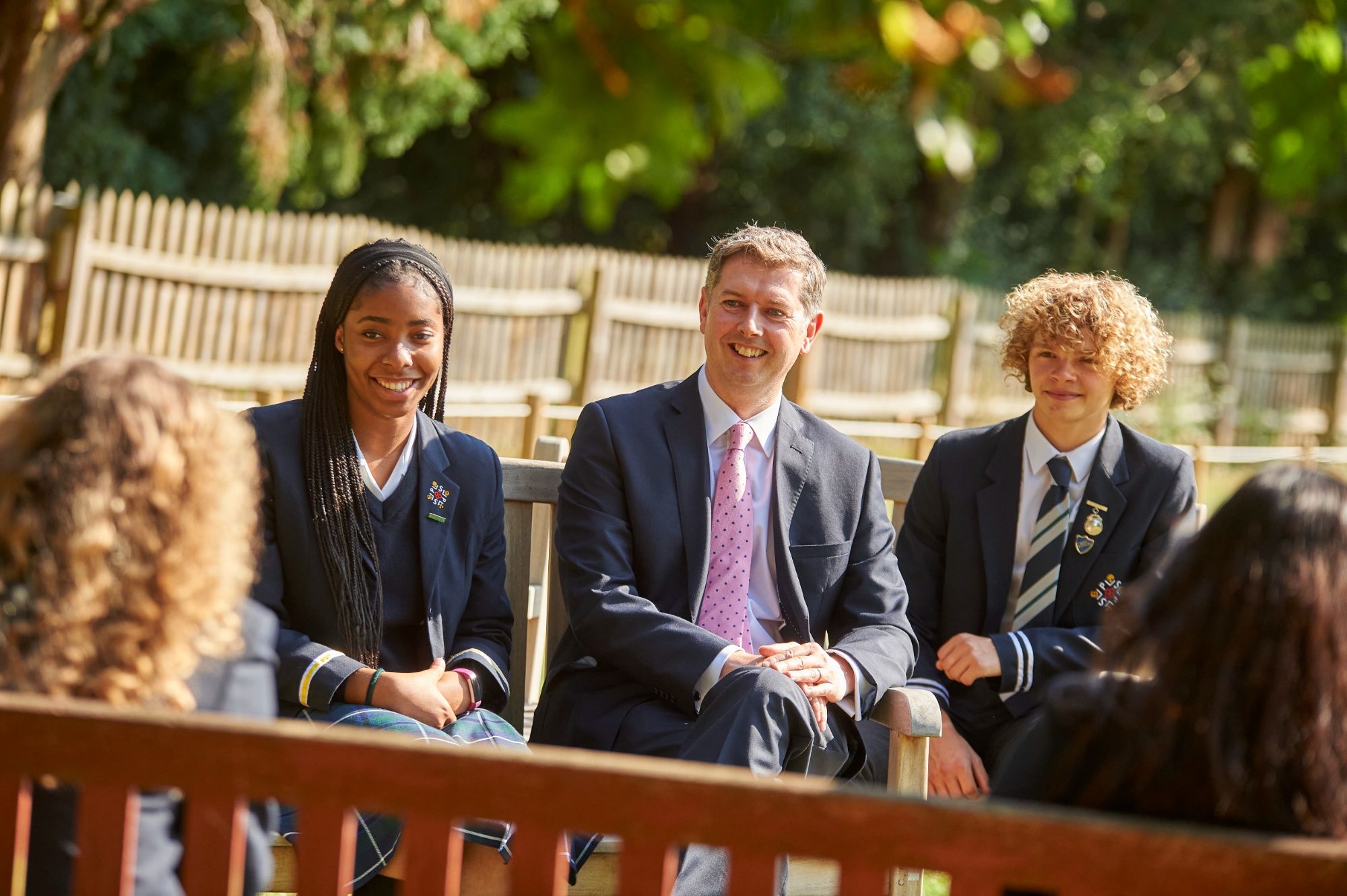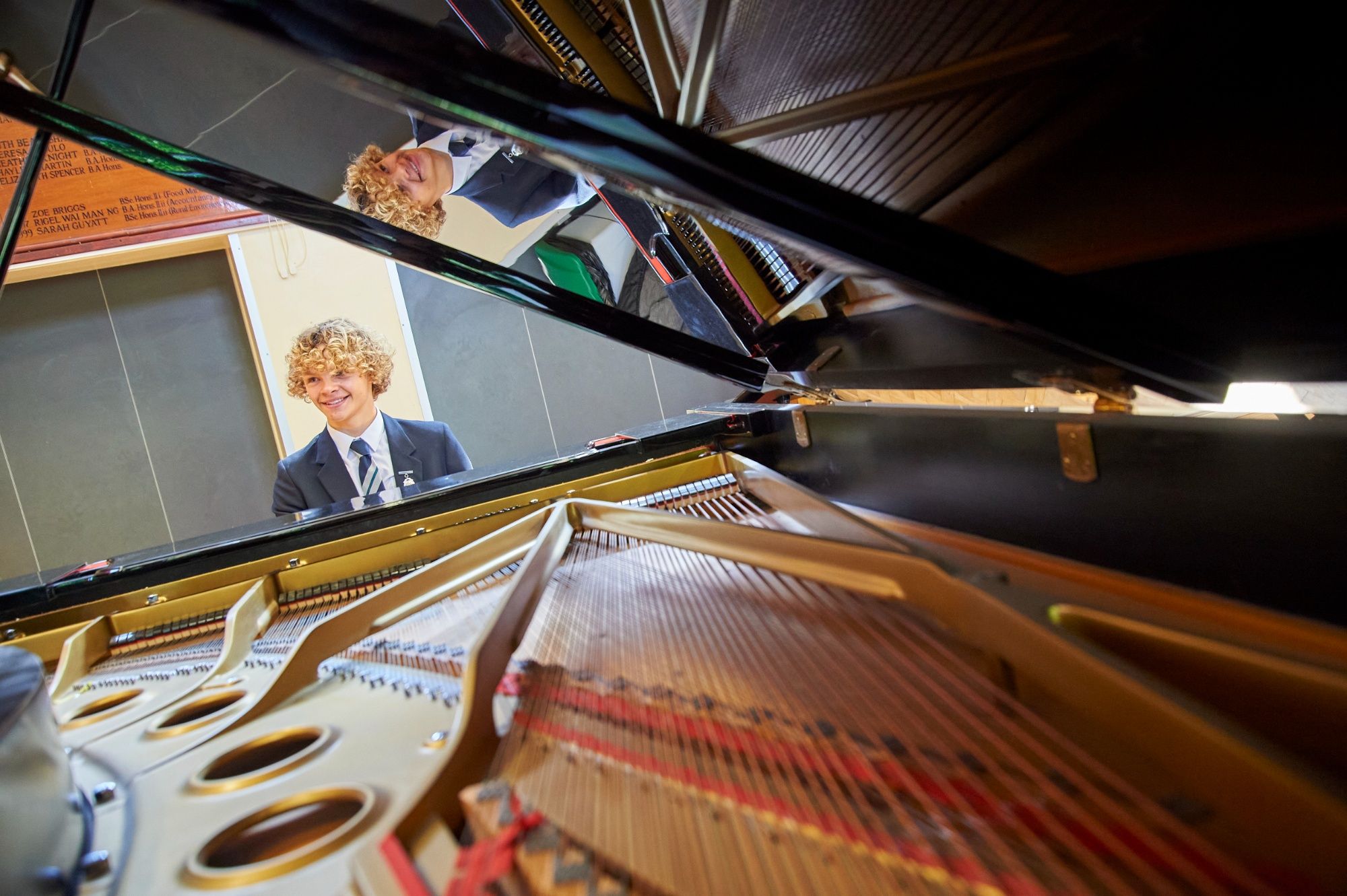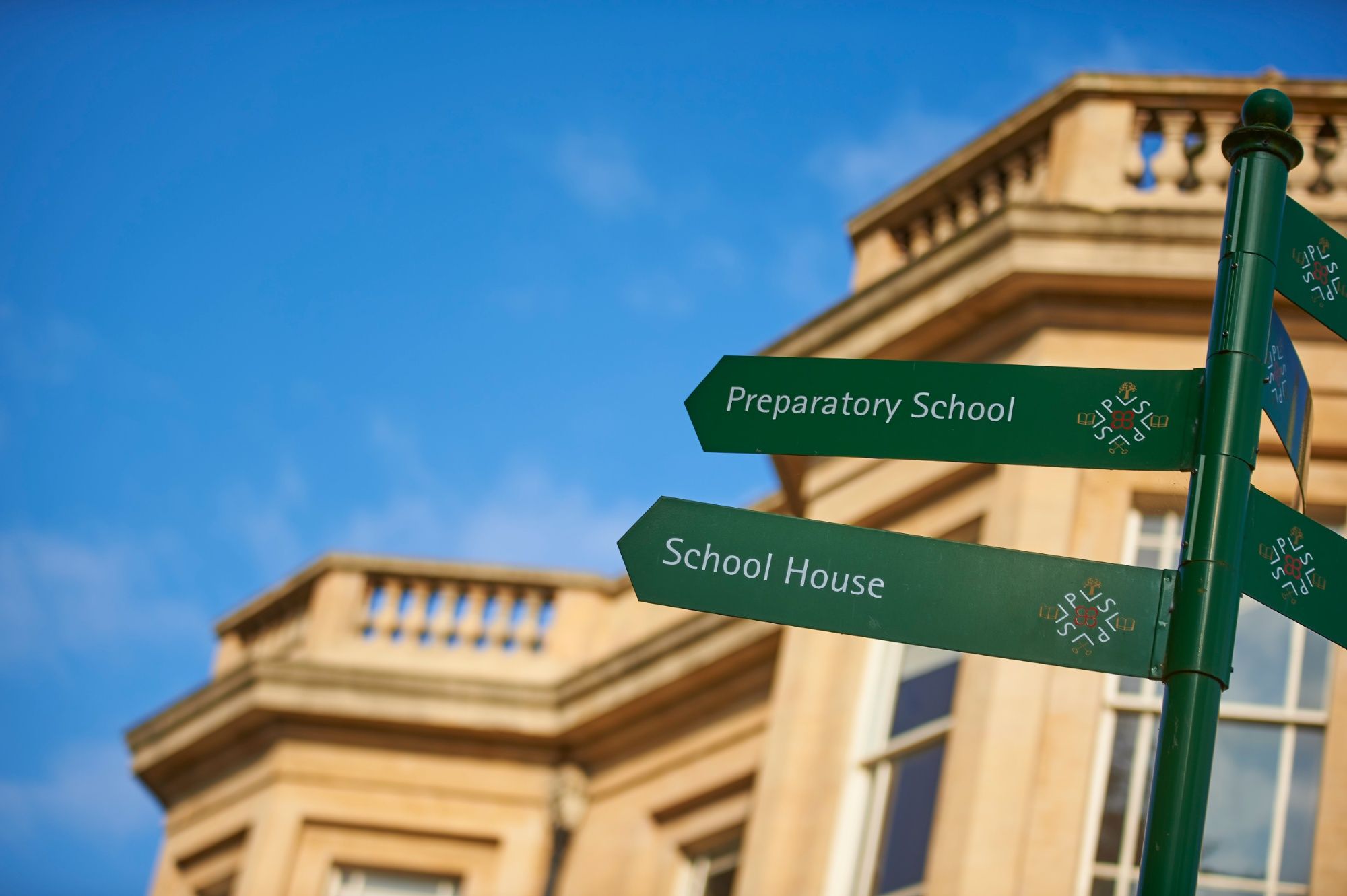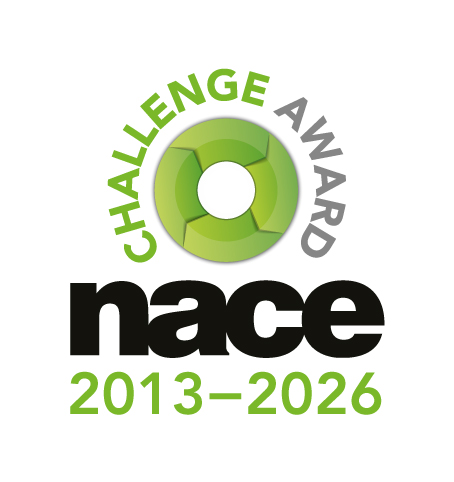Overseas Students
The Peterborough School gives students very good teaching, so that they benefit from a first class education and a wide range of opportunities beyond the classroom so that they develop their personality, confidence and talents.
We are a richly diverse community. Nathaniel Woodard, a Victorian minister of the Church of England, founded his schools in the 19th century in order to provide a very good education, based on strong moral values, to those of the Christian faith, of all faiths and none. Consequently, we welcome a wide range of children from different backgrounds who benefit from learning about each other's cultures.
We welcome overseas pupils to study at The Peterborough School but since we do not offer boarding, prospective pupils must have a relative or legal guardian living in the locality of the School with whom they can be accommodated during term time and half-term holidays. Parents of overseas students should appreciate that The Peterborough School does not run a short-term study programme and expects overseas pupils to finish a course of study. 
Provision for Overseas Students:
At The Peterborough School the teaching and learning, achievements, attitudes and well-being of all our children are very important to us. Some children struggle to do well because English is not their first language. They may need additional English classes to achieve their potential in all subjects. Below is a summary of the arrangements in place to help students.
- The Head of Individual Learning is the Learning Support Co-ordinator for the School.
- The School arranges the support given to those children with learning and language difficulties.
- The School delivers additional lessons to pupils to help their progress in English.
- Experienced teachers are qualified to teach English as an additional language.
- The School will continually assess your son or daughter's performance, reviewing progress each term.
- The School will set targets for improvement and work closely with your son or daughter's teachers to ensure the highest possible level of support is maintained. Your son or daughter must work with the School to develop a relationship within which progress is quickly made.
- Support for your son or daughter is planned and co-ordinated, including additional lessons and in class support from subject teachers.
- The Head of Individual Learning works with subject teachers, supporting individual children or small groups of children.
Students are tested on arrival at The Peterborough School in areas of:
- Mathematical ability and
- Performance in English.
These tests allow problems to be identified.
- If it is felt that a student is not performing in English at a level similar to their ability in other subjects, then he or she will need to attend additional lessons in English.
- We will then assess students formally each year.
- We will check student’s progress at the end of each term.
At the end of a student’s time with us at The Peterborough School:
- He or she will have gained valuable experience of British culture
- High quality qualifications at every level
- And a good standard of English.
Examinations at GCSE and A Level include assessment of a student's English. It is therefore very important that he or she achieves a high level of technical accuracy in English. In particular:
- Many pupils, for whom English is not their first language, find the GCSE English Language examination too difficult and fail to pass.
- We recommend your son or daughter sits the 'International General Certificate of Secondary Education (IGCSE) in English as a Second Language' examination in Year 11.
- This can be taken alongside the normal GCSE paper if needed.
- Students will then gain an English qualification that will secure entry into most Universities. This qualification is recognised worldwide and is offered by the University of Cambridge International Examinations.
OVERSEAS PUPILS PROTOCOL
Introduction
- Overseas resident parents and pupils must make themselves familiar with the policy issued by the School as a condition of taking up a place at the School.
- Additionally, overseas parents must understand and comply with the School’s standard terms and conditions of educating a child at the School.
- The School will ask overseas agents, where appointed, to explain the standard terms & conditions to parents before offering a place at the School.
- The purpose of this protocol is to explain and highlight School terms that currently might not be clear to a minority of overseas parents.
Standard Terms & Conditions
- The complete standard terms and conditions of educating a child at the School are to be found in the School prospectus. This protocol does not replace this source document and where there is a conflict the standard terms & conditions printed in the prospectus prevail. Conditions can be found also on the back of the fees’ schedule (posted to all parents annually), on the application form and in the Offer of a Place Letter.
- It is not intended (and neither is it practical) to list all the School’s conditions, rules and regulations in this protocol. Currently, the main sources of confusion with a minority of parents are:
- A full term’s notice must be given in writing to the Headmaster before a child is withdrawn from the School or a term’s fees must be paid in lieu of this notice.
- A half term’s notice, to take effect at the end of a term, must be given to the Headmaster to discontinue an optional extra subject such as music lessons and speech & drama lessons.
- Pupils will be assessed on their competence with the English language and additional lessons arranged (at extra cost to the parents) where it is determined that the child’s standard of English is below that needed to reach their potential. The School’s decision in this respect will be final and binding on the parent.
- If your child is has a non-European Union nationality you must ensure that he or she has the unconditional right to enter, live an study in the UK for the duration of the education offered by the School. The School will if necessary undertake sponsor duties for you to assist in obtaining the correct visa.
Extra English Lessons
- Annually, under the direction of the Deputy Head, the Head of Individual Learning will assess all overseas pupils on their competence in the English language and ability to benefit from education provided by the School.
- Thereafter, a course of extra English lessons will be arranged for each pupil as either individual lessons or group lessons as considered appropriate by the Deputy Head.
- To enable parents to budget for these lessons and to keep the unit cost as low as possible, a package of 30 hourly lessons will be arranged over the year – nominally 10 lessons per term but in practice it is probable that more lessons will be programmed in the longer autumn term than in the shorter spring or summer terms. Notwithstanding this, parents will only be charged for a maximum of 30 hourly lessons a year regardless of any additional lessons arranged.
- The cost of the lessons will be £29.99 per hour as an individual or £15.00 per hour as a group.
- The Deputy Head’s decision on which pupils are required to take the extra English lessons will be final.
- Parents will be notified of the charge at the beginning of the autumn term or first term at the School. Please assume that you will incur this charge if your child is new to the School and until the assessment indicates that these lessons are not needed. The Deputy Head will arrange for parents to be notified at the end of the summer term if the lessons are not required in the following autumn term.
Communications
- The School undertakes to seek the agreement (written, email, or fax) of
parents or guardians before allowing pupils to take up a chargeable extra
lesson.
Summary
- All parents MUST make themselves familiar with the School’s standard terms & conditions and the School will emphasise this to overseas agents.
- The School will seek the permission of parents through the completion of a contract before allowing a pupil to take up a chargeable extra activity – such as music lessons.
- The most obvious benefit of a UK education is that the child should leave the School speaking English well. Additionally, overseas pupils must speak and write English to a good standard to reach their potential in public examinations. To this end, the School will assess a pupil’s competence annually and, where necessary, require that the pupil attends extra English lessons. To reduce the cost of these lessons, they will be charged at standard rate of £29.99 per hour as an individual or £15.00 as a group.























